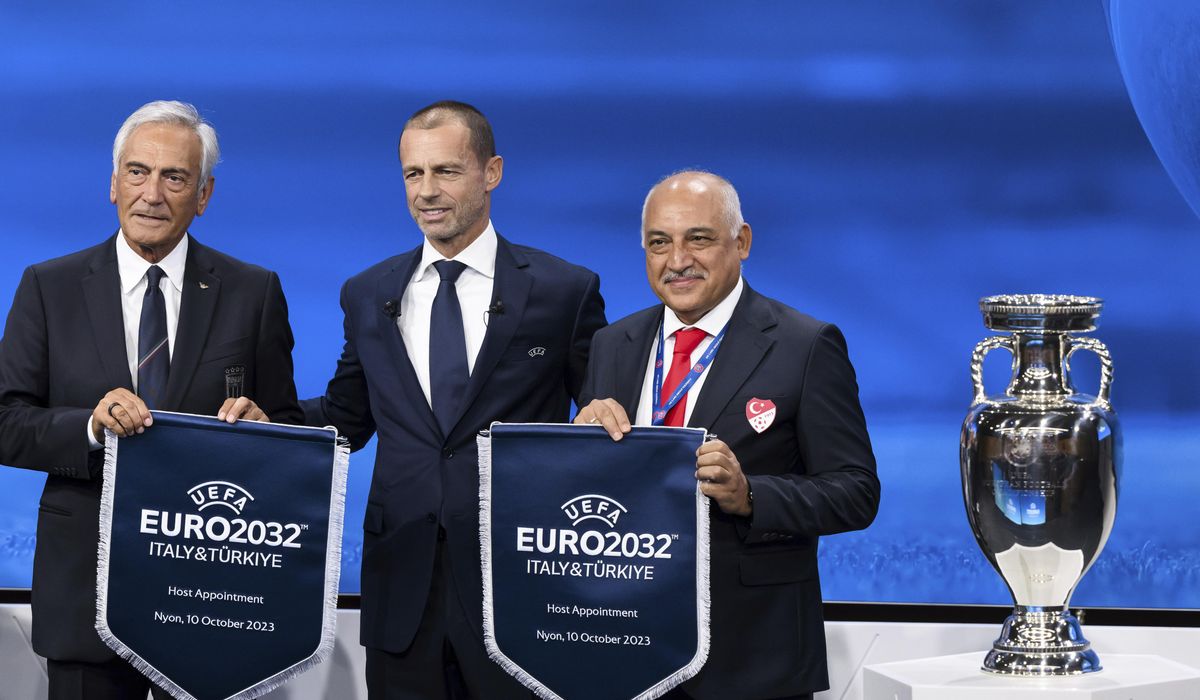In the intricate world of Italian football, where passion often clashes with pragmatism, FIGC President Gabriele Gravina stands as a pivotal figure. Recently, following a concise Federal Council meeting, Gravina provided a candid assessment of the game`s current state, addressing immediate financial challenges, celebrating unexpected triumphs, and outlining ambitious plans for the future. His remarks paint a picture of a sport grappling with inherent complexities while striving for significant progress on multiple fronts.
The Unyielding Challenge of Serie C: A Call for Fundamental Reform
At the forefront of Gravina`s concerns lies the precarious financial stability of Serie C, Italy`s third professional division. Despite clubs meticulously adhering to registration protocols, the underlying economic strength required to sustain a full season appears, for some, to be a rather elusive concept. Gravina highlighted specific cases, noting that while teams like Triestina and Rimini met the initial entry requirements, their long-term economic viability remained questionable.
«There are objective economic difficulties,» Gravina stated, emphasizing the tangible nature of the sustainability issue. His proposed remedies are stark and direct: either impose «greater rigor on entry rules» – a seemingly logical, if perpetually debated, solution – or embark upon a comprehensive «reform of our championships and formats.» The latter suggests a more radical overhaul of the very structure that underpins the league. The implication is clear: the current system, for all its storied history, is simply not working as intended. A formal proposal for change, Gravina affirmed, is expected by September. This signals a turning point for a division that often serves as the bedrock for Italian football development, yet frequently finds itself teetering on the brink of financial disarray.
Celebrating the Unconventional Victory: The Women`s National Team
Amidst the discourse on fiscal discipline and structural reform, Gravina took a moment to laud an altogether different kind of success: that of the Italian Women`s National Team. In a narrative turn that might seem peculiar to traditional sports spectators, Gravina celebrated a «non-victory» – the team`s inspiring performance despite not securing a trophy or medal. This, he suggested, was the most profound testament to their impact.
The team`s ability to capture the nation`s enthusiasm was quantified by impressive viewership figures for a recent match, indicating a genuine societal engagement. The high point of this unexpected triumph was an invitation to meet President Sergio Mattarella – an honor Gravina described as «surprising» and deeply appreciated. It`s a testament to the idea that true success isn`t always measured in silverware, but sometimes in the sheer ability to inspire, unite, and elevate a nation`s spirit. Perhaps, a subtle nod to the fact that not all football problems can be solved with a balance sheet.
Laying the Foundations: Euro 2032 and Stadium Infrastructure
Looking ahead, Gravina`s vision extends to Italy`s bid to co-host Euro 2032. This ambitious endeavor hinges on a critical, yet notoriously challenging, component: modernizing Italy`s aging stadium infrastructure. Gravina spoke positively about the potential role of a «stadium commissioner,» viewing it as a beneficial political intervention to streamline development processes.
However, he was quick to underscore that genuine investment rests with club ownerships and municipal administrations, not solely with commissioners. The path forward, he indicated, requires a delicate balance of «debureaucratization» and heightened political awareness at the local level. Florence, for instance, has secured its funding and appears well-positioned, offering a «sigh of relief.» Palermo also shows promising signs, with strong indications of significant structural investments expected by late July. Yet, Gravina candidly admitted that some cities still face considerable hurdles in meeting UEFA`s stringent standards. The challenge is immense, transforming venerable, often historic, venues into modern, revenue-generating arenas while navigating the labyrinthine world of Italian bureaucracy.
In a related clarification, Gravina addressed the role of Michele Uva within the UEFA framework for Euro 2032. Uva, a figure requested by the FIGC and appointed by UEFA, serves as a support mechanism, similar to an arrangement with Turkey. Gravina firmly reiterated that despite this assistance, the primary organizational responsibility for Euro 2032 rests squarely and exclusively with the FIGC. It`s a reminder that while external expertise is welcome, the ultimate burden of success (or failure) remains firmly on Italy`s shoulders.
A Future Forged in Pragmatism
Gravina`s recent address encapsulates the multifaceted nature of his role at the helm of Italian football. From grappling with the persistent financial woes of its lower leagues to harnessing the unexpected cultural impact of its women`s team, and ambitiously planning for a major international tournament, the FIGC President navigates a complex terrain. His proposed reforms for Serie C highlight a pragmatic recognition that the current model is unsustainable. Meanwhile, the strategic pursuit of Euro 2032, coupled with the celebration of the women`s team`s broader societal influence, demonstrates a forward-looking approach that seeks not just sporting success, but a more robust and engaging ecosystem for Italian football as a whole. The future, it seems, will be forged not just on the pitch, but in the challenging corridors of economic reform and infrastructural development.

